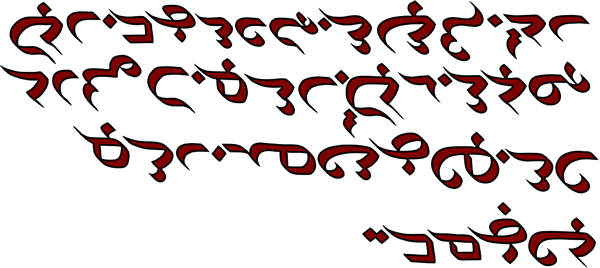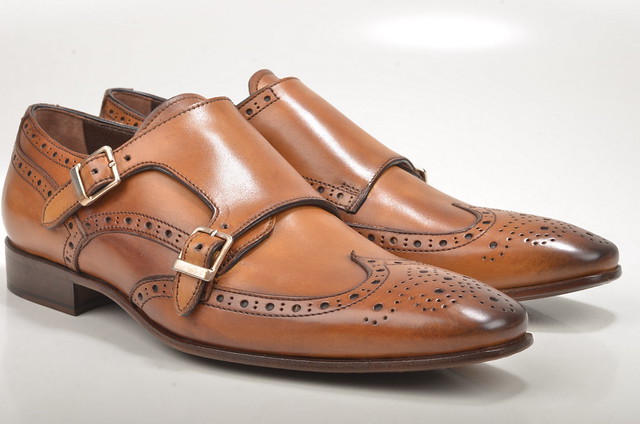Podcast: Play in new window | Download
In this Adventure we unlock the origins of the word jail / gaol.
A jail / gaol [d͡ʒeɪ(ə)l] is:
- A place of confinement for persons held in lawful custody.
Gaol was the standard spelling in the UK and Australia until about the 1930s, when apparently the game Monopoly popularised the jail spelling. It comes from the Middle English gai(o)le (jail, prison, birdcage), from the Old North French gaiole (cave, prison), from the Medieval Latin gabiola (cage) from the Late Latin caveola, a diminuative of cavea (hollow, cavity, cage), from cavus (hollow, concave) [source].
Jail comes from the Middle English jaile (jail, prison, birdcage), from the Old French jaiole (cage, prison), from the same Latin roots as gaol. Both words come from the Proto-Italic *kawos, and possibly from the PIE *ḱowh₁ós (hollow), from *ḱewh₁- (to swell) [source].
English words from the same roots include cave, cavern, cavity, cage and church [source].
Apparently in the USA a jail is under the jurisdiction of a local government (such as a county) and is used to confine people awaiting trail or those convicted of minor crimes [source], while a prison is under state jurisdiction and is used to confine those convicted of serious crimes [source].
I also write about words, etymology and other language-related topics on the Omniglot Blog, and I explore etymological connections between Celtic languages on the Celtiadur.
You can also listen to this podcast on: Apple Podcasts, Amazon Music, Stitcher, TuneIn, Podchaser, PlayerFM or podtail.
If you would like to support this podcast, you can make a donation via PayPal or Patreon, or contribute to Omniglot in other ways.











